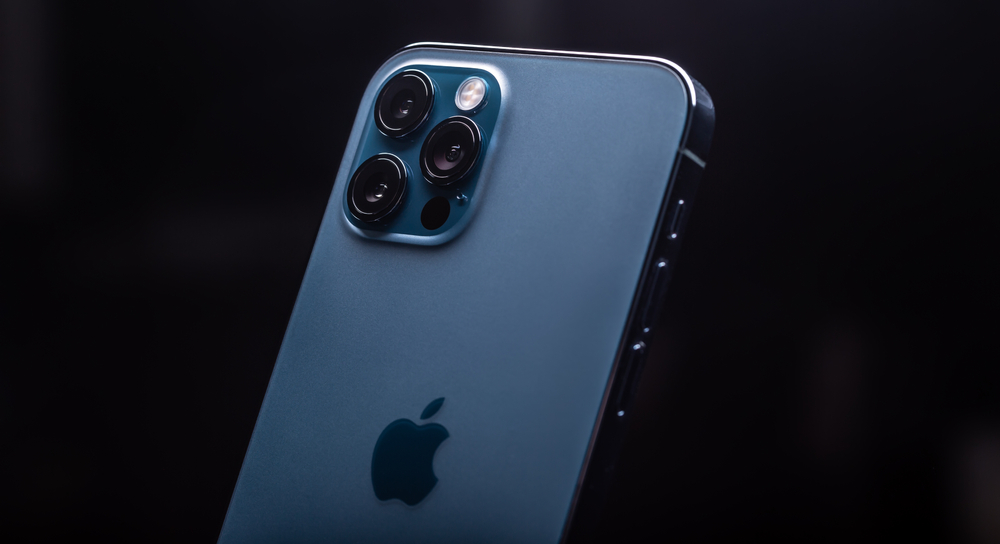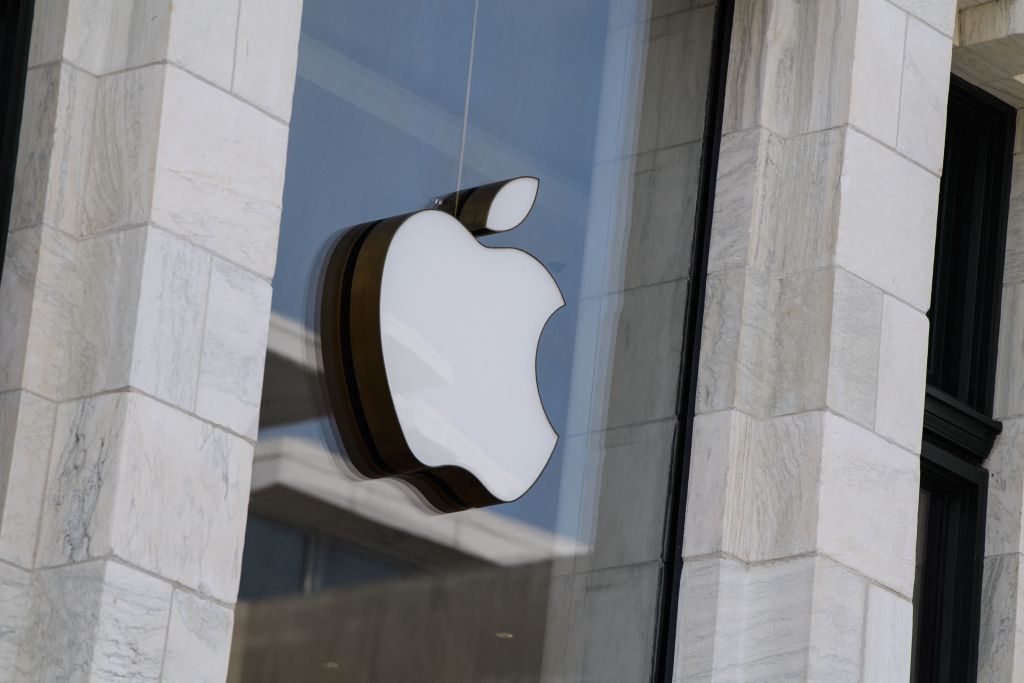File sharing infects 500,000 computers
McAfee reveal details on what it calls the most significant malware outbreak since 2005, as peer-to-peer networks look under threat.

McAfee has reported what it claims is the most significant malware outbreak in three years, with more than 500,000 detections of a Trojan horse which masquerades as a media file.
A number of fake video and music files have been deliberately spread over peer-to-peer file sharing services like Limewire and eDonkey. These were malicious MP3 and MPEG files triggering the download of an application which served ads to the infected computer.
"People were downloading these files hoping it was music, but it was a media file format that allowed you to link to another site where you downloaded additional files," said Toralv Dirro, security strategist at McAfee Avert Labs.
"Those files downloaded turned out to adware that in some cases even asked the user to accept an end user licence agreement prior to installing."
McAfee saw this as 'medium' risk, with no other malware receiving that risk rating since 2005 as all others were rated less severe.
The security vendor claimed that it was the most prevalent piece of malware in the last three years, and that it had never seen a threat this significant come as a media file.
The huge figure came from retail users that had the option to submit data on what viruses and adware was detected on their computer to McAfee and made publicly available.
Get the ITPro daily newsletter
Sign up today and you will receive a free copy of our Future Focus 2025 report - the leading guidance on AI, cybersecurity and other IT challenges as per 700+ senior executives
Dirro said: "We are currently seeing that the distribution is still going on. It is now at about 580,000 where files have been detected, so people are continuing to download and share these files."
The strategist said that these only reported the incidents that were actually detected, and the real number of users and computers affected would be much higher.
He said that although the damage in this case was not too serious as it was only adware, it could have been much worse and what McAfee were now afraid of in the future was attackers with a more sinister agenda.
"They could try and copycat this attempt as they have seen it is a very successful way to distribute malware," Dirro said. "In the future we are pretty much expecting this distribution method a lot more."
Dirro said that instead of pointing to adware, it could lead users to spyware which would instead try to steal people's data. Instead of being a multimedia file it could take the form of a directly executable one.
"It has happened in the past, but not anywhere close to this scale," Dirro said of the peer-to-peer nature of the attack.
-
 Westcon-Comstor and Vectra AI launch brace of new channel initiatives
Westcon-Comstor and Vectra AI launch brace of new channel initiativesNews Westcon-Comstor and Vectra AI have announced the launch of two new channel growth initiatives focused on the managed security service provider (MSSP) space and AWS Marketplace.
By Daniel Todd Published
-
 Third time lucky? Microsoft finally begins roll-out of controversial Recall feature
Third time lucky? Microsoft finally begins roll-out of controversial Recall featureNews The Windows Recall feature has been plagued by setbacks and backlash from security professionals
By Emma Woollacott Published
-
 Greek intelligence allegedly uses Predator spyware to wiretap Facebook security staffer
Greek intelligence allegedly uses Predator spyware to wiretap Facebook security stafferNews The employee’s device was infected through a link pretending to confirm a vaccination appointment
By Zach Marzouk Published
-
 North Korean-linked Gmail spyware 'SHARPEXT' harvesting sensitive email content
North Korean-linked Gmail spyware 'SHARPEXT' harvesting sensitive email contentNews The insidious software exfiltrates all mail and attachments, researchers warn, putting sensitive documents at risk
By Rory Bathgate Published
-
 Young hacker faces 20-year prison sentence for creating prolific Imminent Monitor RAT
Young hacker faces 20-year prison sentence for creating prolific Imminent Monitor RATNews He created the RAT when he was aged just 15 and is estimated to have netted around $400,000 from the sale of it over six years
By Connor Jones Published
-
 European company unmasked as cyber mercenary group with ties to Russia
European company unmasked as cyber mercenary group with ties to RussiaNews The company that's similar to NSO Group has been active since 2016 and has used different zero-days in Windows and Adobe products to infect victims with powerful, evasive spyware
By Connor Jones Published
-
 McAfee and Visa offer 50% off antivirus subscriptions for small businesses
McAfee and Visa offer 50% off antivirus subscriptions for small businessesNews UK Visa Classic Business card holders can access the deal starting today
By Zach Marzouk Published
-
 Mysterious MacOS spyware discovered using public cloud storage as its control server
Mysterious MacOS spyware discovered using public cloud storage as its control serverNews Researchers have warned that little is known about the 'CloudMensis' malware, including how it is distributed and who is behind it
By Rory Bathgate Published
-
 Apple launching Lockdown Mode with iOS 16 to guard against Pegasus-style spyware
Apple launching Lockdown Mode with iOS 16 to guard against Pegasus-style spywareNews Apple breaks its bug bounty record with $2 million top prize, alongside $10 million grant funding, as it launches industry-first protections for highly targeted individuals
By Connor Jones Published
-
 El Salvador becomes latest target of Pegasus spyware
El Salvador becomes latest target of Pegasus spywareNews The list of nations with access to Pegasus is growing, with evidence pointing to potential links between 35 confirmed Pegasus cases and the Salvadoran government
By Connor Jones Published